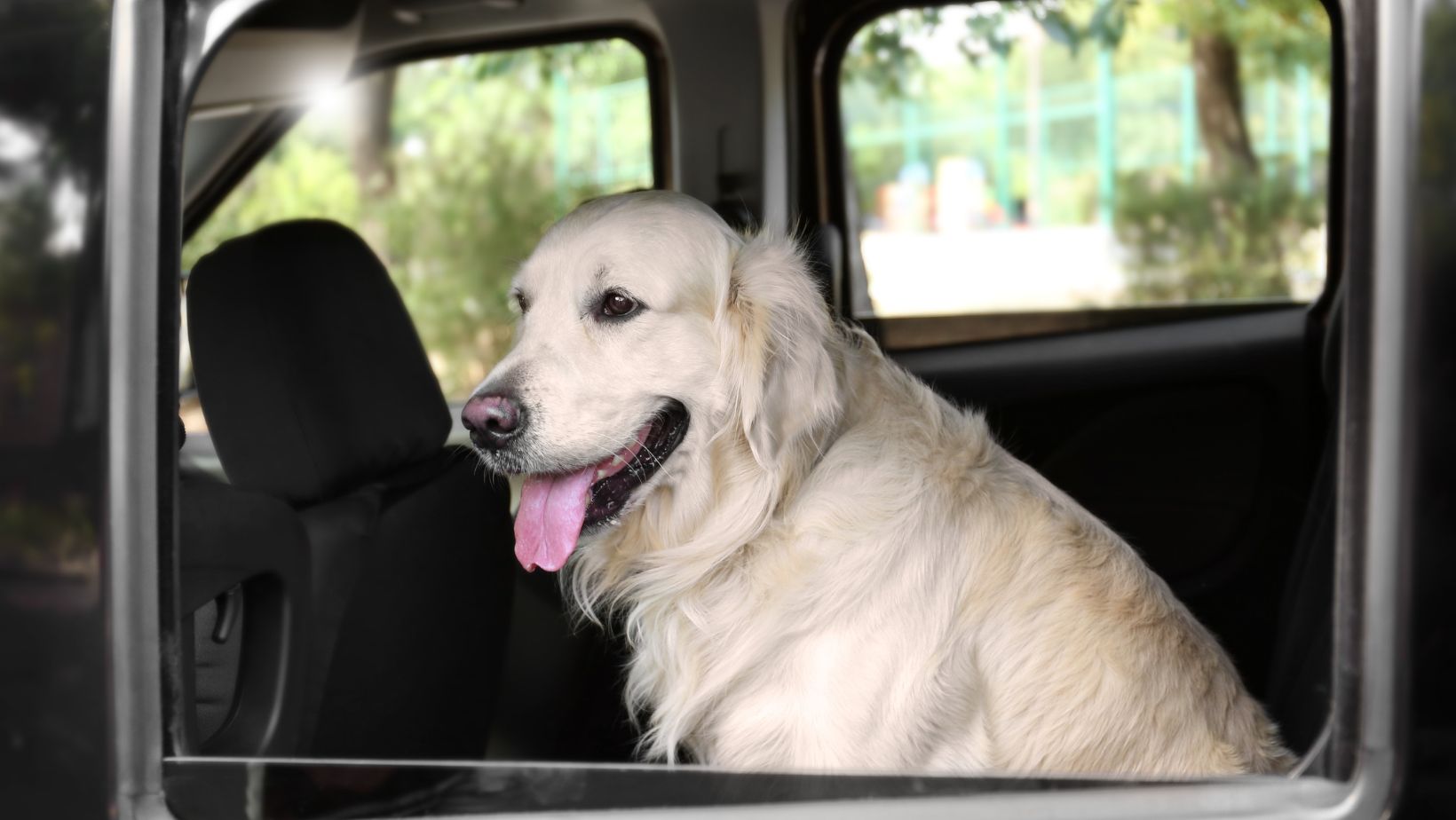Why is my Dog Breathing so Fast
Is your Labrador breathing rapidly? Are you wondering why your dog is panting so fast? Rapid breathing in Labradors can have various causes, and it’s essential to understand what might be behind this behaviour. In this article, I’ll explore the reasons why your dog may be breathing quickly and discuss the potential causes of rapid respiration in Labradors.
Labradors are known for their active nature and love for physical exercise. One common reason for rapid breathing in Labradors is exercise or strenuous activity. When dogs engage in intense play or exercise, they need more oxygen to meet their heightened energy demands. As a result, their respiratory rate increases to supply sufficient oxygen to their muscles.
However, if your Labrador is panting heavily without engaging in any physical exertion, it could indicate an underlying issue. Health problems such as heatstroke, heart disease, pain or discomfort, anxiety or stress, respiratory infections, allergies, or even obesity can all contribute to rapid breathing in Labradors.
Labradors and Rapid Breathing: An Overview
Labradors are known for their playful and energetic nature, but what happens when you notice your furry friend breathing rapidly? As a dog owner, this can be a cause for concern. In this section, we’ll explore the potential causes of rapid breathing in Labradors and shed light on why your dog may be experiencing this phenomenon.
- Physical Activity and Excitement: Labradors are highly active dogs that thrive on exercise and playtime. It’s not uncommon for them to experience rapid breathing after engaging in vigorous physical activities or when they’re excited. Their increased heart rate and quickened breaths help regulate body temperature during exertion. So, if you’ve just finished a long walk or an intense game of fetch with your Labrador, don’t worry too much if you notice their fast breathing gradually subsiding as they calm down.
- Heat and Humidity: Dogs rely primarily on panting to cool themselves down since they have fewer sweat glands than humans. Labradors, with their thick coats, may find it challenging to dissipate heat efficiently in hot and humid weather conditions. Consequently, they may breathe rapidly as their bodies attempt to regulate temperature through evaporation from the respiratory tract. If you suspect heat exhaustion or overheating due to excessive panting accompanied by other signs like drooling or lethargy, it’s crucial to provide immediate relief by moving your Labrador to a cooler area and offering fresh water.
- Stress and Anxiety: Just like humans, dogs can also experience stress and anxiety in various situations such as loud noises (fireworks or thunderstorms), unfamiliar environments, separation from their owners, or visits to the veterinarian. These emotional triggers can lead to an increase in heart rate and respiratory rate in Labradors as part of the “fight-or-flight” response mechanism. If your Labrador exhibits rapid breathing alongside other signs of distress like trembling or pacing, it’s essential to provide a calm and comforting environment for them to alleviate their anxiety.
- Underlying Medical Conditions: While physical activity, temperature, and stress are common causes of rapid breathing in Labradors, it’s important not to ignore the possibility of underlying medical conditions. Certain health issues such as respiratory infections, heart problems, pain, allergies, or even obesity can contribute to increased respiratory rate in dogs. If you notice persistent or abnormal patterns of rapid breathing accompanied by other concerning symptoms like coughing, wheezing, or lethargy, seeking veterinary advice is crucial to identify and address any potential health concerns.

Common Causes of Fast Breathing in Labradors
Labradors are known for their energetic and active nature, but sometimes you may notice that your furry friend is breathing rapidly. Rapid breathing in Labradors can be concerning, so let’s explore some common causes behind this behaviour.
- Exercise or excitement: Labradors have high energy levels and love to run, play fetch, and engage in vigorous activities. It’s natural for them to breathe faster during exercise or when they’re excited.
- Heat and humidity: Dogs cool themselves down by panting, which helps regulate their body temperature. Labradors with thick coats may breathe rapidly in hot and humid weather as a way to cool off.
- Stress or anxiety: Just like humans, dogs can experience stress or anxiety in certain situations such as thunderstorms, fireworks, car rides, or visits to the vet. Rapid breathing can be a sign of their unease.
- Pain or discomfort: Labradors may exhibit rapid breathing if they are experiencing pain or discomfort due to an injury, illness, or underlying medical condition. It’s important to monitor other symptoms alongside fast breathing if you suspect something is wrong with your dog’s health.
- Heart problems: Certain heart conditions can lead to rapid breathing in Labradors. If your dog has an irregular heartbeat (arrhythmia) or congestive heart failure (CHF), it can cause them to breathe faster than usual.
- Respiratory issues: Labradors may have respiratory problems that cause rapid breathing such as asthma, bronchitis, pneumonia, or allergies. These conditions may require veterinary intervention for proper diagnosis and treatment.